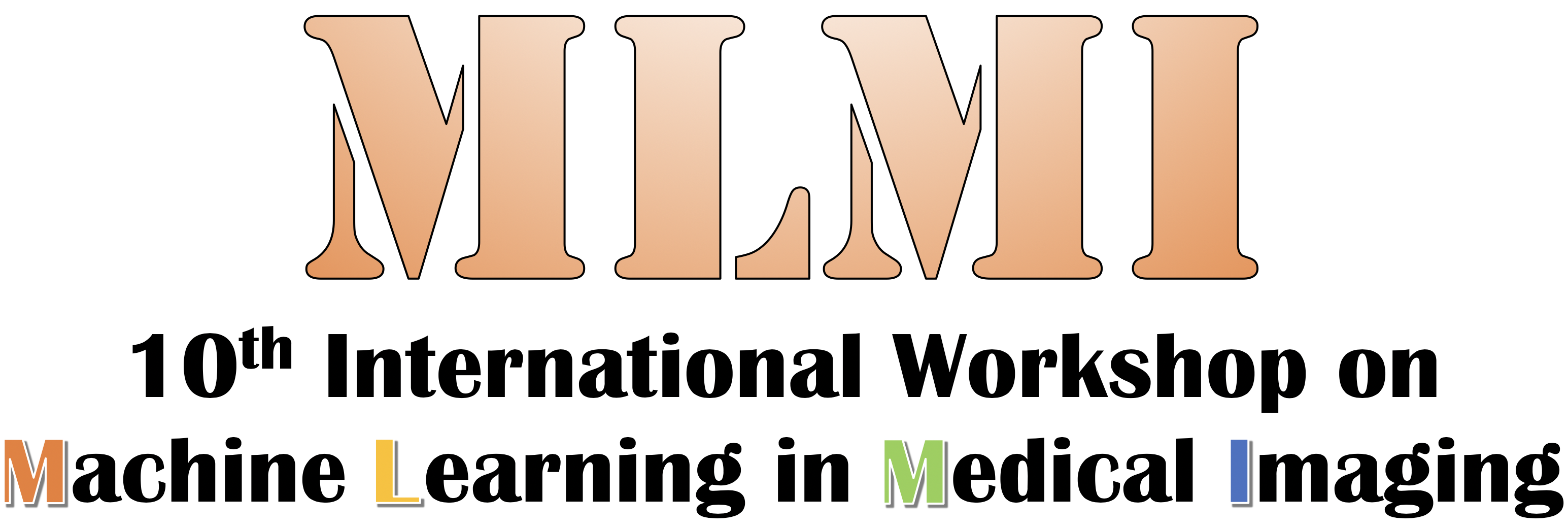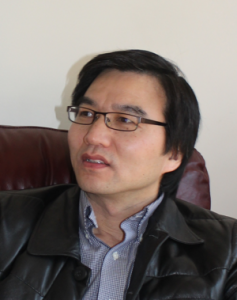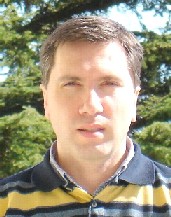Keynote Speaker
Dr. Dinggang Shen, Ph.D.
Talk Title: Full-Stack, Full-Spectrum AI in Medical Imaging
Abstract: This talk will describe my views of how AI can be applied to different stages of clinical practice, based on my long-time experience of applying machine learning (and recently deep learning (since 2012)) to various medical applications. For better clinical outcomes, full-stack AI should be applied, from source (i.e., automated patient setup and fast imaging) to disease detection, follow-up, diagnosis, therapy, and outcome prediction (or evaluation) in the whole clinical pipeline. Also, full-spectrum AI should be used for cases where multimodal data are needed. Similarly, for fast development of new applications (or even new products), it is important to innovatively develop common techniques that can serve for different medical applications (or even different treatment stages). The details of full-stack, full-spectrum AI as well as innovative technical developments (serving for different applications) will be introduced in this talk.
Biosketch: Dinggang Shen is Jeffrey Houpt Distinguished Investigator, and a Professor of Radiology, Biomedical Research Imaging Center (BRIC), Computer Science, and Biomedical Engineering in the University of North Carolina at Chapel Hill (UNC-CH). He is currently directing the Center for Image Analysis and Informatics, the Image Display, Enhancement, and Analysis (IDEA) Lab in the Department of Radiology, and also the medical image analysis core in the BRIC. He was a tenure-track assistant professor in the University of Pennsylvanian (UPenn), and a faculty member in the Johns Hopkins University. Dr. Shen’s research interests include medical image analysis, computer vision, and pattern recognition. He has published more than 1000 papers in the international journals and conference proceedings, with H-index 91. He serves as an editorial board member for eight international journals. He has also served in the Board of Directors, The Medical Image Computing and Computer Assisted Intervention (MICCAI) Society, in 2012-2015, and is General Chair for MICCAI 2019. He is Fellow of IEEE, Fellow of The American Institute for Medical and Biological Engineering (AIMBE), and also Fellow of The International Association for Pattern Recognition (IAPR).
Dr. Hervé Delingette, Ph.D.
Talk Title: From Data-driven to Biophysics-based AI in Medical Image Analysis
Abstract: There is a strong need to assist physicians for prevention, diagnosis, prognosis and therapy in medicine through the use of computational tools. Machine learning and especially supervised learning plays a growing role in the design of those tools but is also limited by a potential lack of explainability, and generality. In this lecture, I will present some issues related to pure data-driven AI methods when performing image segmentation, registration and synthesis and ways to partially overcome them. I will also show how biophysical models can improve the augmentation of databases of images for supervised learning and conversely how machine learning can contribute to the assimilation of data into a personalized biophysical models.
Biosketch: Hervé Delingette is a Research Director at Inria, director of an academy of excellence of Université Côte d’Azur, a member of the Board of the MICCAI Society, and he is holding a Chair at the new AI institute 3IA Côte d’Azur. He received his engineering degree from Ecole Centrale Paris and his Phd from Inria. His research focuses on various aspects of artificial intelligence in medical image analysis, computational physiology, and surgery simulation.


